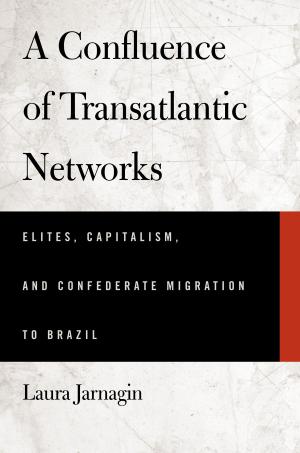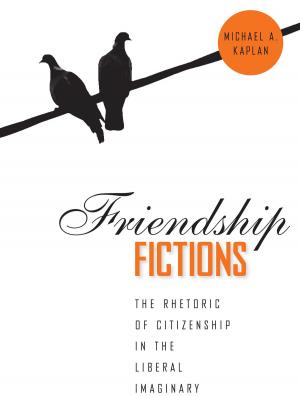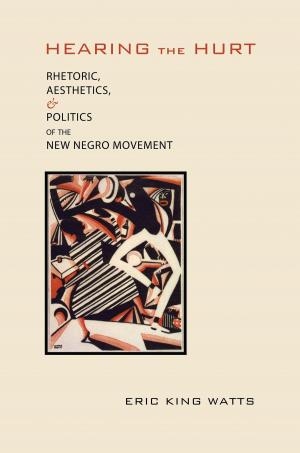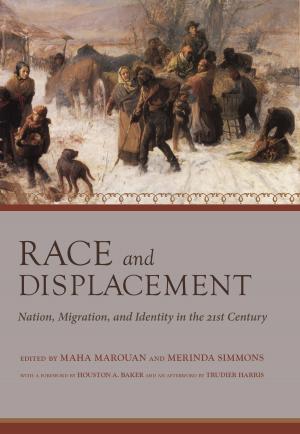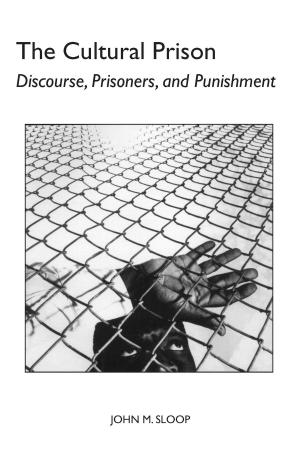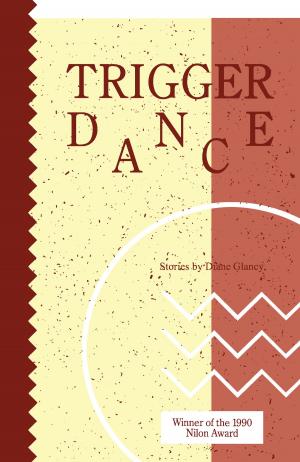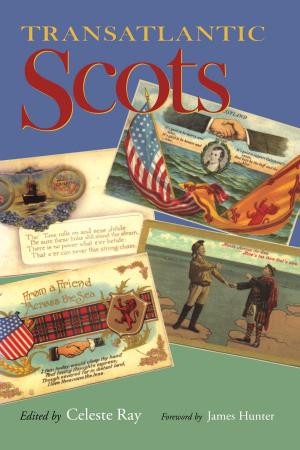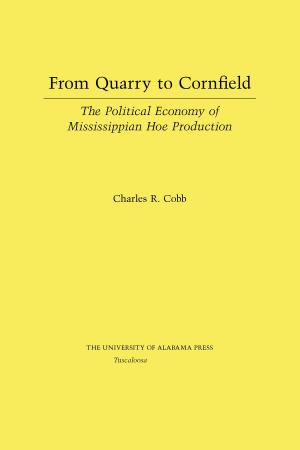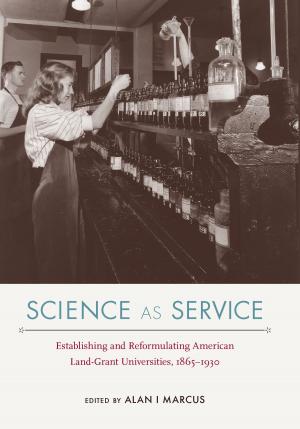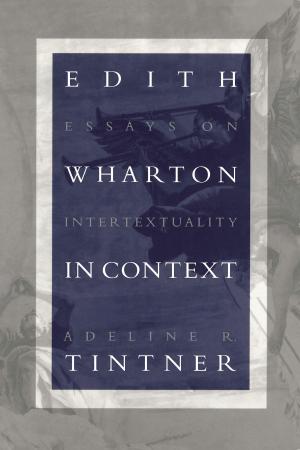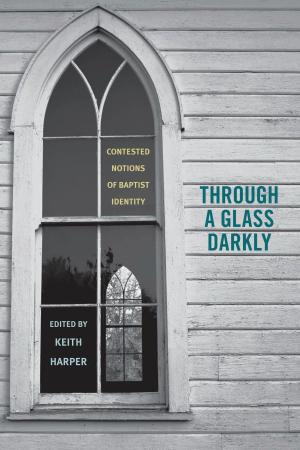Hemingway and Women
Female Critics and the Female Voice
Fiction & Literature, Literary Theory & Criticism, American, Nonfiction, Social & Cultural Studies, Social Science, Gender Studies, Women&| Author: | Rena Sanderson, Gail Sinclair, Jamie Barlowe, Kathy G. Willingham, Lisa Tyler, Amy Strong, Linda Patterson Miller, Linda Wagner-Martin, Ann Putnam, Debra A. Moddelmog, Miriam B. Mandel, Hilary K. Justice, Kim Moreland, Nancy R. Comley, Rose Marie Burwell, Sandra Spanier | ISBN: | 9780817381714 |
| Publisher: | University of Alabama Press | Publication: | May 6, 2011 |
| Imprint: | University Alabama Press | Language: | English |
| Author: | Rena Sanderson, Gail Sinclair, Jamie Barlowe, Kathy G. Willingham, Lisa Tyler, Amy Strong, Linda Patterson Miller, Linda Wagner-Martin, Ann Putnam, Debra A. Moddelmog, Miriam B. Mandel, Hilary K. Justice, Kim Moreland, Nancy R. Comley, Rose Marie Burwell, Sandra Spanier |
| ISBN: | 9780817381714 |
| Publisher: | University of Alabama Press |
| Publication: | May 6, 2011 |
| Imprint: | University Alabama Press |
| Language: | English |
Female scholars reevaluate gender and the female presence in the life and work of one of America’s foremost writers.
Ernest Hemingway has often been criticized as a misogynist because of his portrayal of women. But some of the most exciting Hemingway scholarship of recent years has come from women scholars who challenge traditional views of Hemingway and women. The essays in this collection range from discussions of Hemingway’s famous heroines Brett Ashley and Catherine Barkley to examinations of the central role of gender in his short stories and in the novel The Garden of Eden. Other essays address the real women in Hemingway’s life—those who cared for him, competed with him, and, ultimately, helped to shape his art. While Hemingway was certainly influenced by traditional perceptions of women, these essays show that he was also aware of the struggle of the emerging new woman of his time. Making this gender struggle a primary concern of his fiction, these critics argue, Hemingway created women with strength, depth, and a complexity that readers are only beginning to appreciate.
"The authors focus on women connected to Hemingway in life, specific female characters, and issues of gender and sexual ambiguities and crossings embodied or enacted by male and female characters. Topics range from reading the feminine in nature to expanding the concept of the code hero to include major female characters."
—American Literature
"Exceptionally thorough . . . this collection is impressive and unflinching in its exploration."
—Ruth Prigozy, Hofstra University
Lawrence Broer is Professor Emeritus of English at the University of South Florida and author of a number of books on American literature, including Sanity Plea: Schizophrenia in the Novels of Kurt Vonnegut and Rabbit Tales: Poetry and Politics in John Upike’s Rabbit Novels. Gloria Holland is Adjunct Instructor in English at Hillsborough Community College and has coauthored papers with Lawrence Broer on Hemingway, Vonnegut, Norman Mailer, and F. Scott Fitzgerald.
Female scholars reevaluate gender and the female presence in the life and work of one of America’s foremost writers.
Ernest Hemingway has often been criticized as a misogynist because of his portrayal of women. But some of the most exciting Hemingway scholarship of recent years has come from women scholars who challenge traditional views of Hemingway and women. The essays in this collection range from discussions of Hemingway’s famous heroines Brett Ashley and Catherine Barkley to examinations of the central role of gender in his short stories and in the novel The Garden of Eden. Other essays address the real women in Hemingway’s life—those who cared for him, competed with him, and, ultimately, helped to shape his art. While Hemingway was certainly influenced by traditional perceptions of women, these essays show that he was also aware of the struggle of the emerging new woman of his time. Making this gender struggle a primary concern of his fiction, these critics argue, Hemingway created women with strength, depth, and a complexity that readers are only beginning to appreciate.
"The authors focus on women connected to Hemingway in life, specific female characters, and issues of gender and sexual ambiguities and crossings embodied or enacted by male and female characters. Topics range from reading the feminine in nature to expanding the concept of the code hero to include major female characters."
—American Literature
"Exceptionally thorough . . . this collection is impressive and unflinching in its exploration."
—Ruth Prigozy, Hofstra University
Lawrence Broer is Professor Emeritus of English at the University of South Florida and author of a number of books on American literature, including Sanity Plea: Schizophrenia in the Novels of Kurt Vonnegut and Rabbit Tales: Poetry and Politics in John Upike’s Rabbit Novels. Gloria Holland is Adjunct Instructor in English at Hillsborough Community College and has coauthored papers with Lawrence Broer on Hemingway, Vonnegut, Norman Mailer, and F. Scott Fitzgerald.

